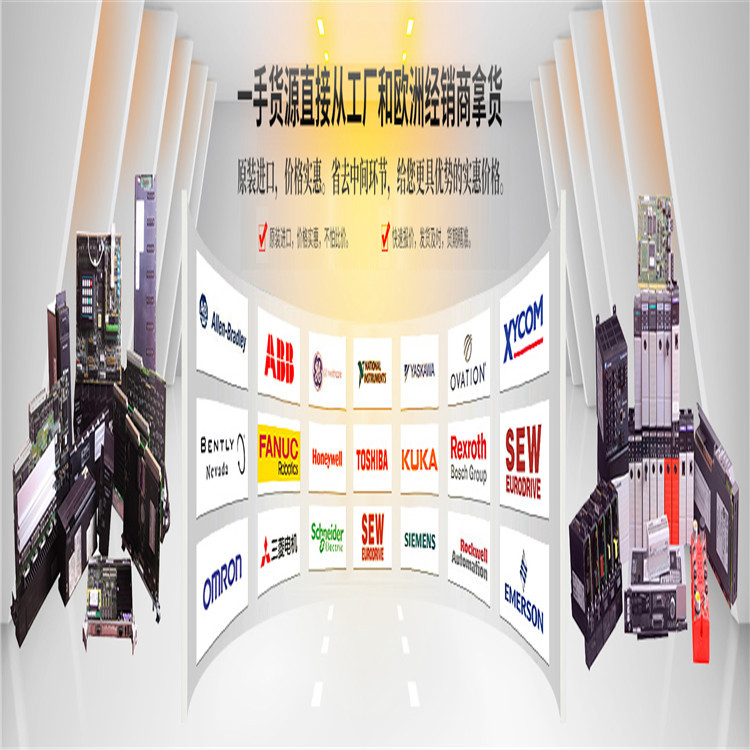EPRO备件PR6424/006-030注意事项在可编程逻辑控制器系统设计时,首先应确定控制方案,下一步工作就是可编程逻辑控制器工程设计选型。工艺流程的特点和应用要求是设计选型的主要依据。可编程逻辑控制器及有关设备应是集成的、标准的,按照易于与工业控制系统形成一个整体,易于扩充其功能的原则选型所选用可编程逻辑控制器应是在相关工业领域有投运业绩、成熟可靠的系统,可编程逻辑控制器的系统硬件、软件配置及功能应与装置规模和控制要求相适应。熟悉可编程序控制器、功能表图及有关的编程语言有利于缩短编程时间,因此,工程设计选型和估算时,应详细分析工艺过程的特点、控制要求,明确控制任务和范围确定所需的操作和动作,然后根据控制要求,估算输入输出点数、所需存储器容量、确定可编程逻辑控制器的功能、外部设备特性等,后选择有较高性能价格比的可编程逻辑控制器和设计相应的控制系统。 The fourth level is Wisdom. Wisdom is often the insight that comes from a lot of experience and deep thought -- that's why we often say that an older person has a lot of wisdom and a lot of guidance. All intelligence is not expressed in terms of options, like kindling, which at a given moment sparks people's thoughts and illumines the way ahead. Machines are unlikely to produce real intelligence, even for much longer.
So far, the world's most "intelligent" machines are only on the second rung of the ladder -- most of the concept of AI actually means "function", but also some "intelligence". "Intelligence" is just a word away from "intelligence," but for machines there seems to be a huge barrier to crossing -- playwrights and directors will certainly continue to make science fiction movies about making machines intelligent, but scientists have made little progress.
There is no wisdom, but wisdom everywhere
As basic computer research continues to accumulate, and as the Internet and the growing number of data centers behind it generate and store ever larger amounts of data, machines are bound to do more for us than ever before, from performing complex calculations to driving long distances and cleaning houses. The question is, will machines evolve enough to think and decide for us? Do we really need to be accompanied by machines that have thoughts and feelings like humans?
In terms of computing power, computers have already surpassed the human brain, but this does not mean that computers are intelligent -- so far, all types of computers are still only extensions of the functions of the human brain, mainly memory and computation.







